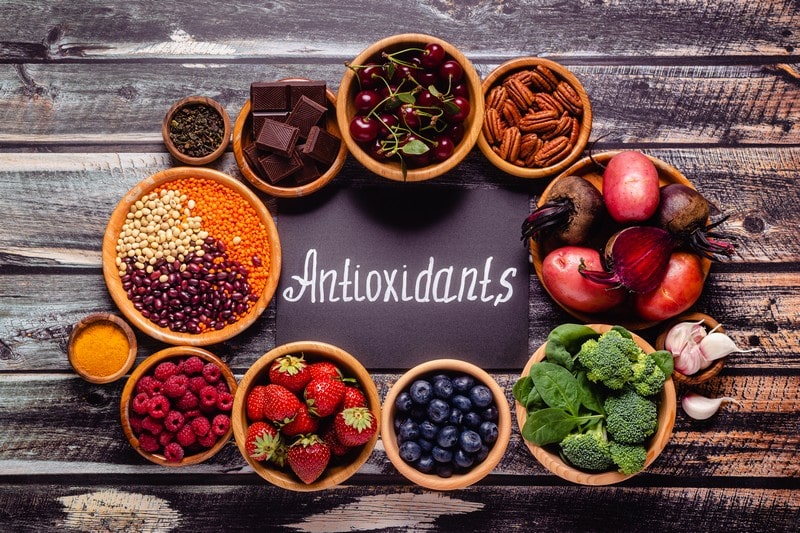Ginkgo Biloba, also known as maidenhair, is a plant native to China and used in traditional Chinese medicine. Its popularity widened as it became the most sought-after supplement in the world. Hailed as the most common herbal supplement used worldwide, research about Ginkgo Biloba’s potential indication, action, and contradiction increased. Ginkgo Biloba has been discovered to contain nutrients such as phenolic compounds, flavonoids, terpenoids, vitamin A, vitamin C, niacin, sodium, phosphorus, copper, and potassium.
Researchers have been studying Ginkgo Biloba, from its components to its effects on the human body. The significant result of those studies is the discovery of Ginkgo Biloba’s two active ingredients: terpene lactones and ginkgo flavone glycosides at varying concentrations. However, despite its healing potential, experts do not recommend Ginkgo Biloba to people with chronic medical conditions. Doctors also ask pregnant women and older people with existing ailments to avoid taking Ginkgo Biloba supplements. On the other hand, several studies on humans and animals showed promising effects of Ginkgo Biloba.
This article will discuss some of the health benefits of Ginkgo Biloba.
Contains Powerful Antioxidants

Of all its properties, Ginkgo Biloba’s antioxidant content is the main reason behind many of its health claims. Antioxidants, or free-radical scavengers, are natural molecules that help neutralize harmful radicals in the body. These free radicals contribute to the etiology of many chronic diseases, such as cardiovascular diseases, inflammatory diseases, cataracts, and cancer. Antioxidants act as a standard off-switch for free radicals by giving up some of their electrons to neutralize and break the reaction that can affect the cells.
Ginkgo Biloba’s high level of flavonoids and terpenoids, which are compounds known for high-antioxidant effects, is essential to combating harmful free radicals in the body. They help regulate cellular activity and fight free radicals that cause oxidative stress. They also enable the body to function well and more efficiently while protecting it against harmful toxins and stressors. Terpenes are also potent antioxidants that protect against oxidative stress, including liver, renal, neurodegenerative, cardiovascular diseases, cancer, diabetes, and aging.
With its rich antioxidant property, Ginkgo Biloba has established its popularity globally. Ginkgo Biloba’s antioxidant property is not limited to a dietary supplement fighting free radicals; it is also used as a complementary medicine and cosmetics.










